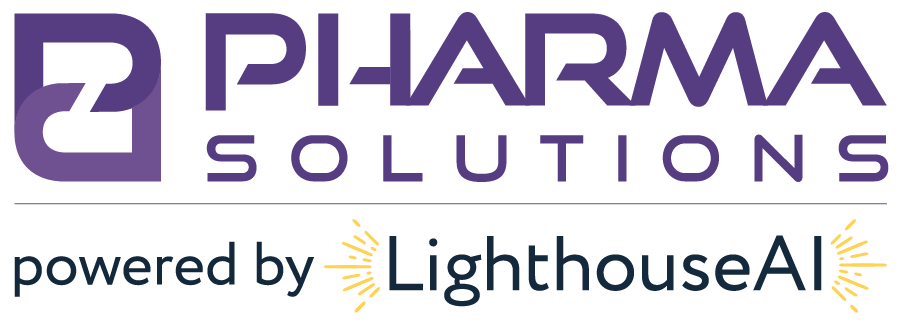Could OptumRx’s 2016 Requirement Be a Quid Pro Quo Arrangement?
The ongoing legal case has shed new light on the motivations behind, and the execution of, OptumRx’s 2016 requirement.
Due Diligence
Our observations from the court hearing shows lack of due diligence:
- OptumRx did not perform extensive research on the impact of requiring the VAWD Accreditation®.
- Some OptumRx team members may have learned about the VAWD Accreditation® through a Google search.
- OptumRx did not understand some of the basics of how regulation of the industry works.
- OptumRx was in direct communication with a Big 3 wholesaler and they confirmed with them that they would have an indefinite grace period to achieve VAWD Accreditation® for all facilities, as long at least one facility has VAWD Accreditation®.
Based on the lack of due diligence, it seems like it is possible that the requirement was born out of more than OptumRx’s ongoing battle against Fraud, Waste, and Abuse (FWA). So, what was their motivation?
Possible Motivations
Our observations from the court hearing that could show their potential motivations:
- OptumRx has mulled over requiring independent pharmacies to obtain an Accreditation specific to independent pharmacies.
- At least one senior executive at OptumRx considers independent pharmacies as a significant threat to the integrity of the supply chain.
Based on these two observations, it could be possible that OptumRx wanted to limit the ability of independent pharmacies to join and/or stay in the OptumRx Pharmacy Network.
The Real Motivation?
In 2016, OptumRx gained access to the largest pharmaceutical GPO by total revenue, Red Oak Sourcing, with 34% of market share. Formed in 2013, Red Oak Sourcing is a 50/50 joint venture between CVS Caremark and Cardinal Health.
Per Cardinal Health’s 2018 Annual Report, their “pharmaceutical distribution contract with OptumRx began in fiscal 2016 and did not exceed 10 percent until fiscal 2017,” and just 11 days after their fiscal 2017 year started, OptumRx announced their controversial requirement.
By enforcing the VAWD requirement, OptumRx has at least significantly reduced the amount of Market Arbitrage Activity (MAA) taking place in the industry. Specifically, MAA is passing along discount pricing from high volume pharmacies to low volume pharmacies. As of 2016, there were an estimated 400 drug wholesalers dedicated to MAA. Naturally, the Big 3 wholesalers did not like MAA because it generally depresses generic drug pricing for independent pharmacies, the most profitable sector of wholesale drug distribution.
Additionally, Most Favored Nation (MFN) clauses are sure to be a norm for Red Oak Sourcing contracts. In the beginning, MFN clauses were designed so that the companies did not have to do extensive research to ensure they received the best pricing. Instead, they simply made it a contractual obligation.
Bringing this all together – it remains an open question whether or not OptumRx agreed to enforce its 2016 requirement in exchange for lucrative distribution agreements with Cardinal Health.
More as it breaks!
About Us
Based just outside of Philadelphia, Pharma Solutions provides actionable guidance and excellent administrative services with a focus on client care across Compliance, Commercial, and Quality solutions. Our mission is to improve the health and welfare of the American public by providing solutions and implementing best practices for companies in the pharmaceutical supply chain.




0 Comments